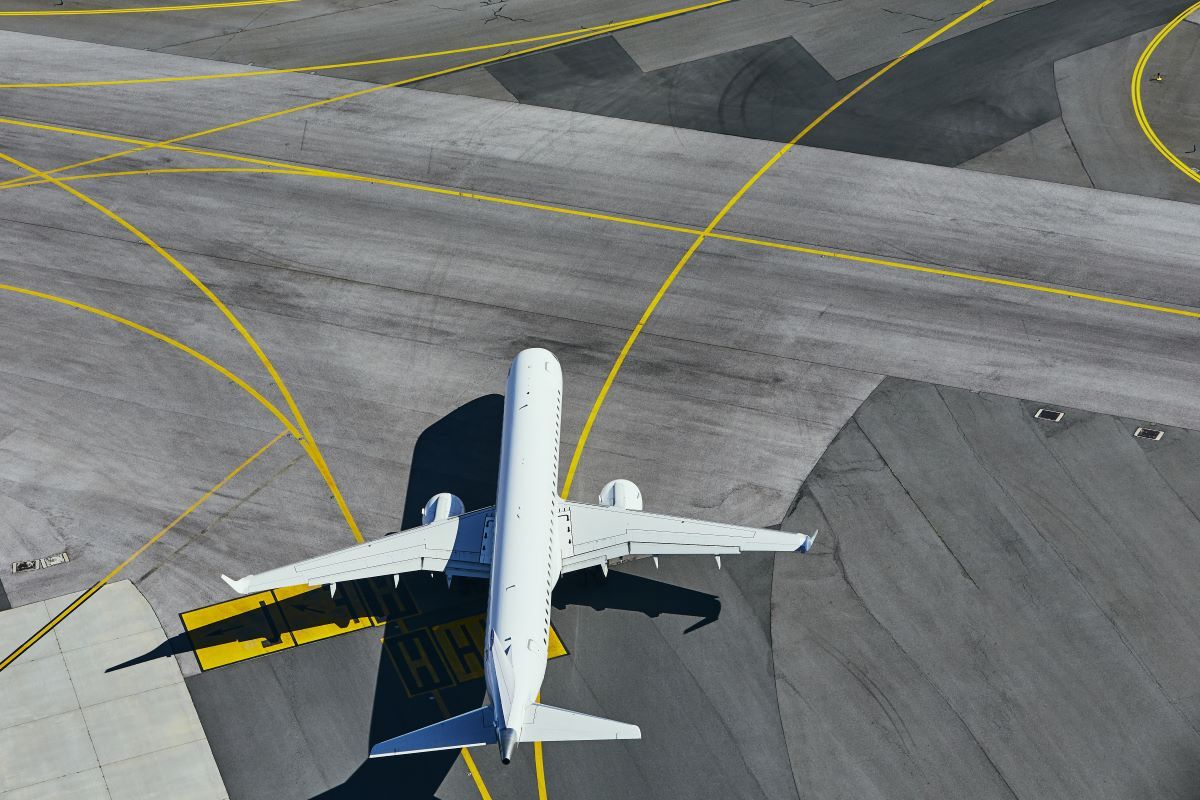
Airline revenue management might sound like a complex term, but it’s all about how airlines decide on ticket prices. Ever wondered why ticket prices fluctuate so much? Airlines use sophisticated algorithms to predict demand, ensuring they maximize profits while filling as many seats as possible. This process involves analyzing historical data, current booking trends, and even weather patterns. By understanding these factors, airlines can adjust prices in real-time. Revenue management helps airlines stay competitive and profitable in a challenging industry. Ready to learn more? Let’s dive into 11 fascinating facts about how airlines manage their revenue!
Key Takeaways:
- Airlines use data and pricing strategies to maximize profits. They analyze booking patterns and segment customers to adjust fares in real-time, facing challenges from market volatility and low-cost carriers.
- The future of airline revenue management looks promising with personalized pricing on the horizon. Advancements in technology may lead to individualized prices based on passenger preferences, offering exciting possibilities for the industry.
Understanding Airline Revenue Management
Airline revenue management is a fascinating field that combines data analysis, pricing strategies, and customer behavior to maximize profits. Let's dive into some intriguing facts about this complex system.
The Origins of Revenue Management
Revenue management has a rich history, evolving significantly over the years.
-
Revenue management began in the 1970s with American Airlines. They pioneered the concept to compete with low-cost carriers by optimizing seat prices based on demand.
-
The first revenue management system was called "DINAMO". Developed by American Airlines, DINAMO stands for Dynamic Inventory and Maintenance Optimizer.
How Airlines Use Data
Data is the backbone of revenue management. Airlines rely heavily on data to make informed decisions.
-
Airlines analyze booking patterns to predict demand. By examining historical data, they can forecast future trends and adjust prices accordingly.
-
Customer segmentation is crucial. Airlines categorize passengers into different segments, such as business travelers and vacationers, to tailor pricing strategies.
Pricing Strategies
Pricing strategies are at the heart of revenue management. Airlines use various techniques to maximize revenue.
-
Dynamic pricing adjusts fares in real-time. Prices can change multiple times a day based on factors like demand, competition, and remaining seats.
-
Overbooking is a common practice. Airlines sell more tickets than available seats, anticipating some passengers will cancel or not show up.
Technology in Revenue Management
Technology plays a vital role in modern revenue management systems.
-
Machine learning algorithms enhance predictions. These algorithms analyze vast amounts of data to improve demand forecasting and pricing accuracy.
-
Revenue management systems integrate with other airline systems. This integration ensures seamless operations, from booking to check-in.
Challenges in Revenue Management
Despite its benefits, revenue management faces several challenges.
-
Market volatility affects pricing strategies. Sudden changes in demand due to events like natural disasters or economic downturns can disrupt revenue management plans.
-
Competition from low-cost carriers. These carriers often use simpler pricing models, making it harder for traditional airlines to compete.
The Future of Revenue Management
The future holds exciting possibilities for airline revenue management.
- Personalized pricing is on the horizon. Advances in technology may allow airlines to offer individualized prices based on a passenger's booking history and preferences.
The Bottom Line on Airline Revenue Management
Airline revenue management is a fascinating mix of data analysis, pricing strategies, and customer behavior. Airlines use sophisticated algorithms to predict demand, set prices, and maximize revenue. They consider factors like booking patterns, market trends, and even weather forecasts. This dynamic approach helps airlines stay competitive and profitable.
Understanding these strategies can give travelers an edge. Booking flights early, being flexible with dates, and keeping an eye on fare trends can lead to better deals. Airlines constantly adjust prices based on real-time data, so staying informed can save money.
In essence, airline revenue management is all about balancing supply and demand to optimize profits. It’s a complex yet intriguing system that impacts every traveler. Next time you book a flight, remember the science behind those ticket prices. It’s not just about getting from point A to point B; it’s a carefully orchestrated dance of numbers and strategies.
Frequently Asked Questions
Was this page helpful?
Our commitment to delivering trustworthy and engaging content is at the heart of what we do. Each fact on our site is contributed by real users like you, bringing a wealth of diverse insights and information. To ensure the highest standards of accuracy and reliability, our dedicated editors meticulously review each submission. This process guarantees that the facts we share are not only fascinating but also credible. Trust in our commitment to quality and authenticity as you explore and learn with us.


